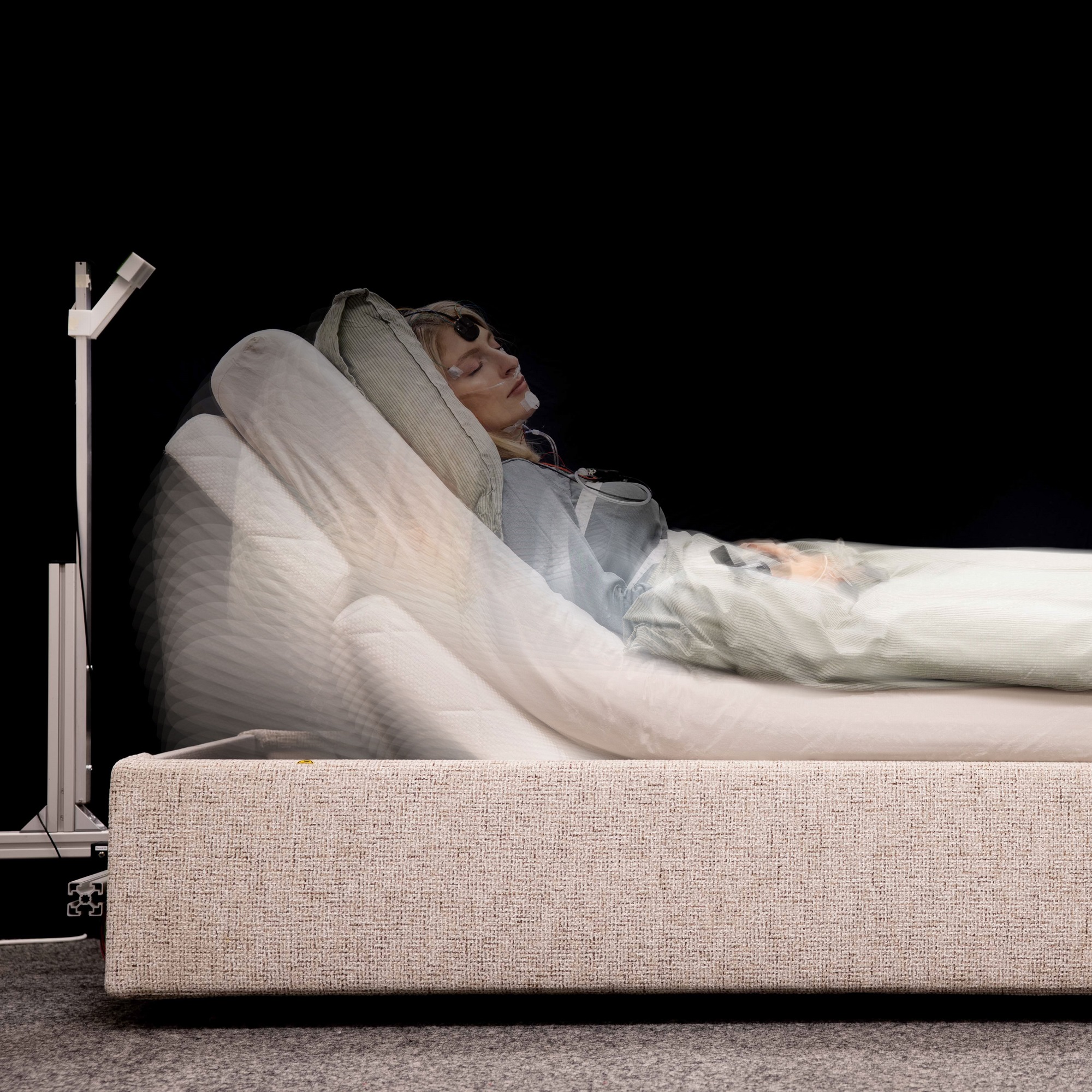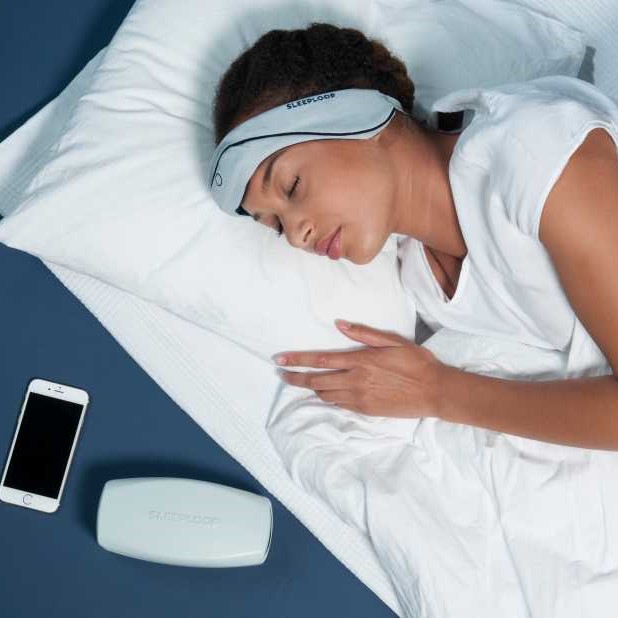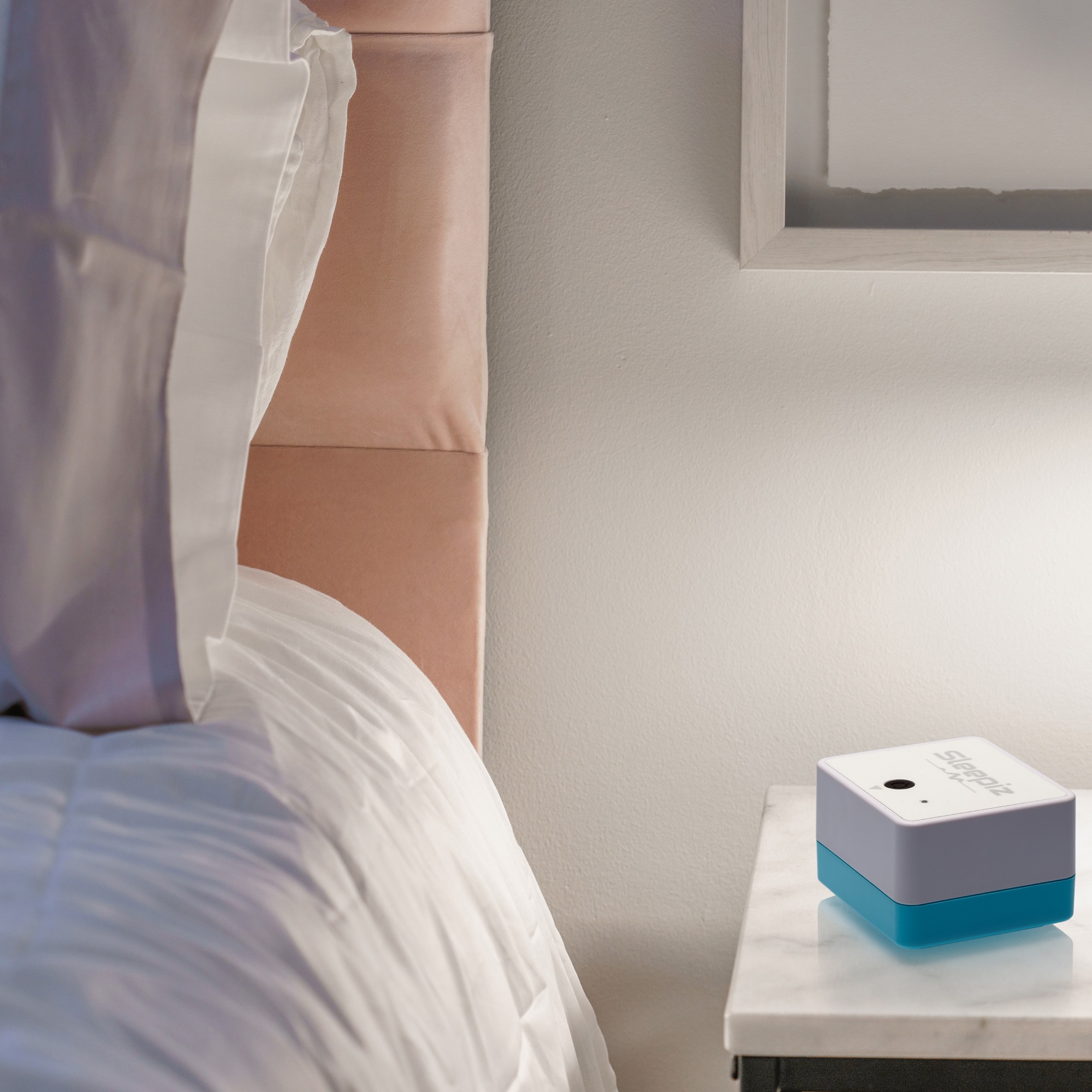Somewhere in Switzerland is an 11-year-old child suffering from severe sleep deprivation. His mitochondria – the body’s battery cells – are dysfunctional leaving him with disabilities that prevent him from getting a good night’s sleep. His parents report that the only time he seems to sleep well is on a long train ride in which the sounds and motion of the train, and the ripples in the track lull him into a drowsy submission. Since the dawn of time (or at least since 1710 when Benjamin Franklin first purportedly developed the rocking chair), parents have rocked their babies to sleep with gentle back-and-forth motions. Frazzled, and possibly sleep-deprived, parents recount endless tales of having loaded their young, rambunctious kids in the car for a late evening drive for the express purpose of getting them to sleep.
We are learning more, and more about the crucial role that sleep plays in clearing out the waste in the brain, and how it is necessary for our nerves and organs to function at their best. If you sleep next to someone who snores, he/she/they might be suffering from sleep apnea and facing potential risk factors for cardiovascular diseases. A chronic lack of sleep has also been associated with metabolic diseases such as diabetes, as well as neurodegenerative diseases such as Alzheimer’s and Parkinson’s, but large-scale sleep studies in the lab are not ideal for research. The unnatural sleep environment of the lab itself can disrupt normal sleep patterns, so scientists and innovators at ETH Zurich and elsewhere in Switzerland are addressing this global, human challenge.
Joining the global conversation on #WorldSleepDay (18 March) we bring you the lucid dreams of the so-called, “Ambassadors of Sleep” and the three ways they are taking on the future of sleep by moving their research out of the lab and into the bedroom:





